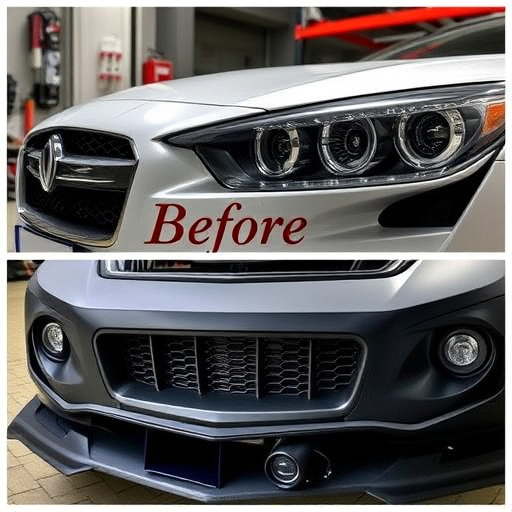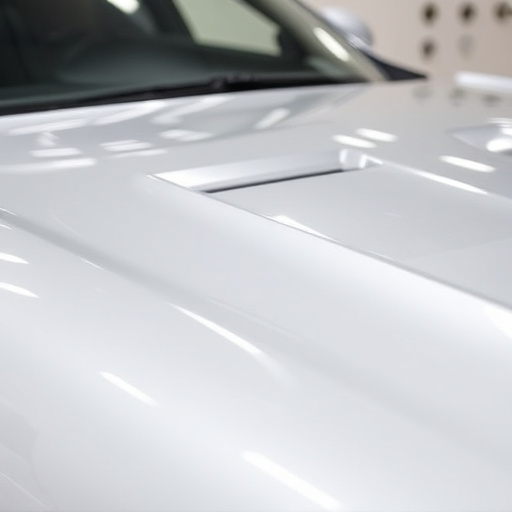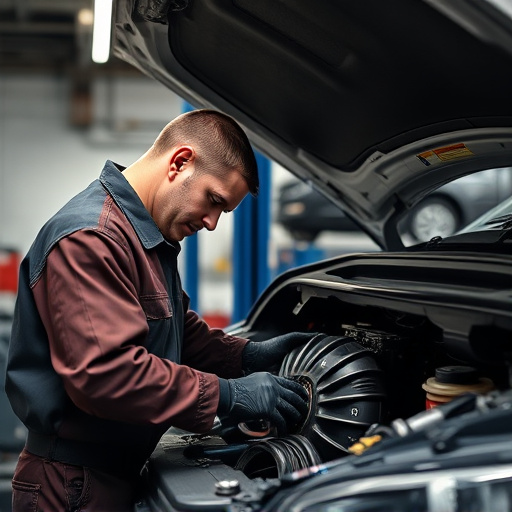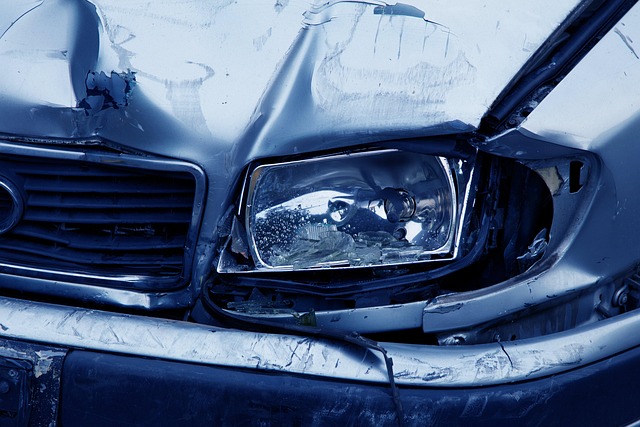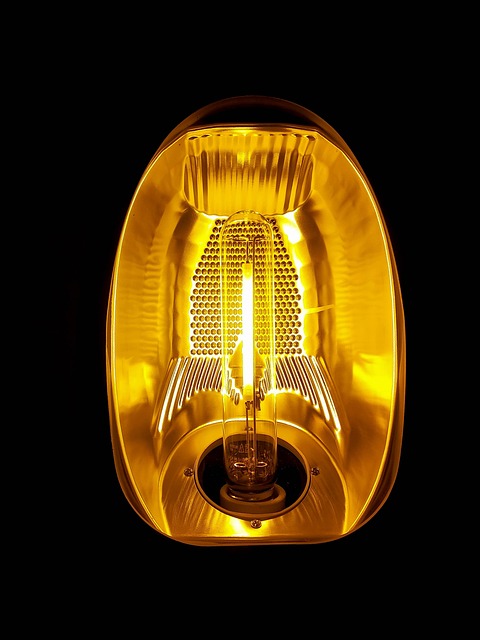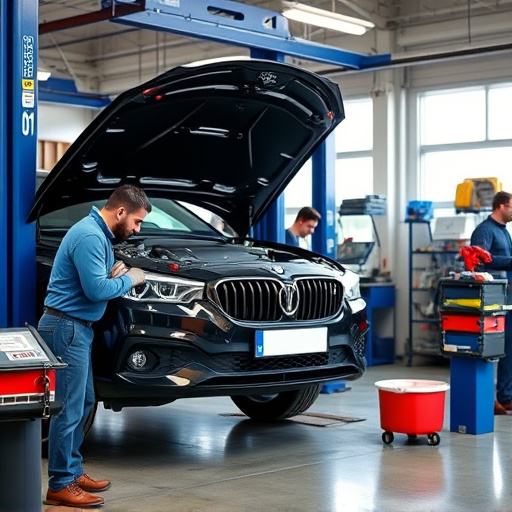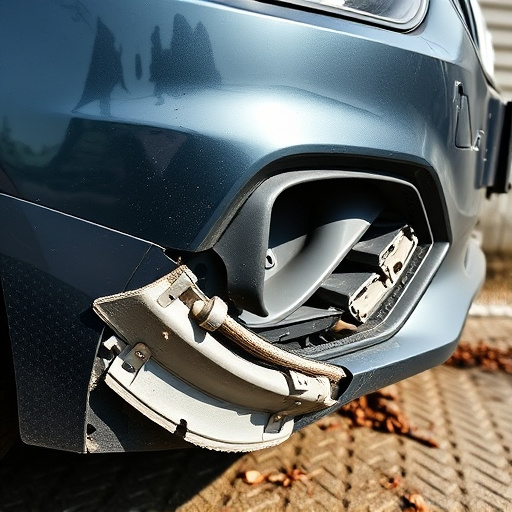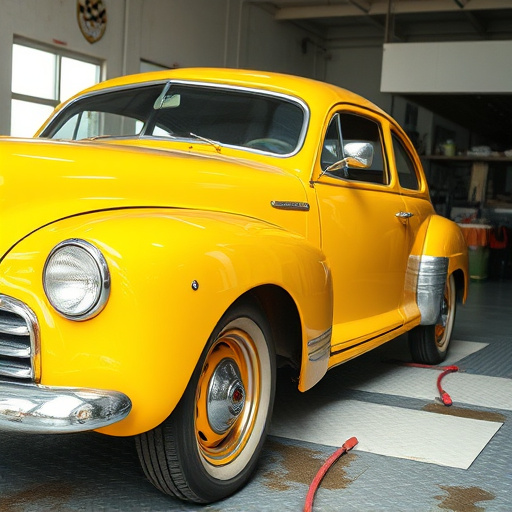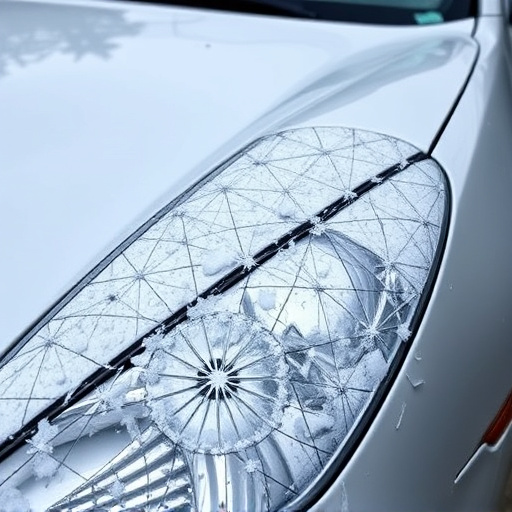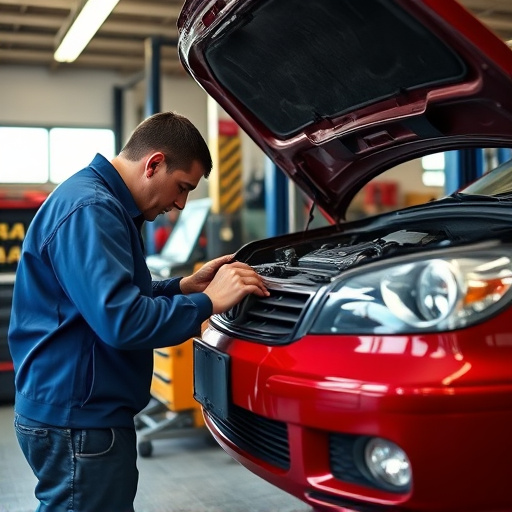Auto shops promoting recycled collision parts offer an eco-friendly, sustainable solution that reduces resource consumption and waste. By salvaging usable components from damaged vehicles, these shops decrease demand for raw materials and minimize carbon emissions, fostering a circular economy. This practice provides significant cost savings for businesses and customers while appealing to environmentally conscious consumers. The recycling process ensures quality and safety standards comparable to new parts through meticulous inspection and advanced technologies.
In today’s eco-conscious world, auto shops are increasingly recommending the use of recycled collision parts. This shift is driven by significant environmental benefits, offering a sustainable alternative to traditional replacement parts. Beyond environmental advantages, recycled collision parts provide cost-efficiency for both shops and customers. Furthermore, stringent quality assurance processes ensure these parts meet or exceed original equipment standards. Adopting recycled collision parts is not just an eco-friendly choice; it’s a practical, economically sound decision that benefits everyone involved.
- Environmental Benefits of Recycled Collision Parts
- Cost-Efficiency for Auto Shops and Customers Alike
- Quality Assurance in the Recycling Process
Environmental Benefits of Recycled Collision Parts
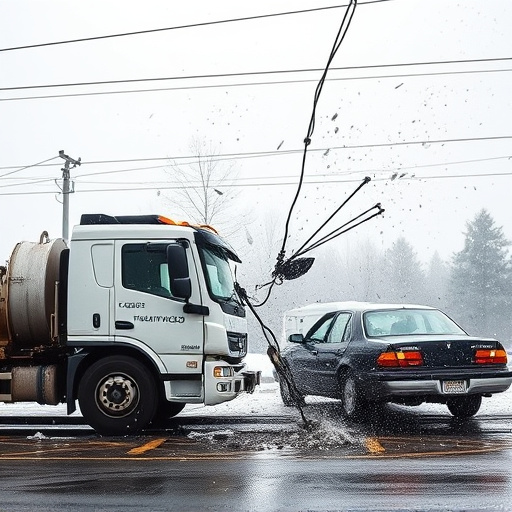
The use of recycled collision parts is an eco-friendly approach that auto shops are increasingly advocating for several compelling reasons. One of the primary environmental benefits is the reduction in resource consumption and waste generation. When a vehicle is involved in a collision, many parts can be salvaged and reused instead of ending up in landfills. This practice significantly diminishes the demand for raw materials to manufacture new parts, thus conserving natural resources like metal, plastic, and glass.
Moreover, recycling collision parts contributes to lowering carbon emissions. The process of manufacturing new auto components requires substantial energy, which often leads to higher greenhouse gas emissions. By opting for recycled parts, auto repair shops can help minimize these environmental impacts. This sustainable approach not only benefits the planet but also encourages customers to be part of a circular economy, promoting the efficient use of resources in the automotive industry and beyond.
Cost-Efficiency for Auto Shops and Customers Alike

Auto shops recommending recycled collision parts isn’t just a trend; it’s a strategic move that brings significant cost savings for both businesses and their customers. By opting for used, yet refurbished parts, auto shops can reduce overhead expenses drastically. The market for recycled collision parts is highly competitive, allowing shops to source quality components at significantly lower prices compared to brand-new parts. This, in turn, enables them to pass on these savings to their clients.
Moreover, the emphasis on sustainability plays a crucial role in this trend. With environmental concerns on the rise, many customers actively seek eco-friendly solutions. Recycled collision parts contribute to a circular economy, reducing waste and lowering carbon footprints. So, when an auto shop promotes these parts, it aligns with modern consumer preferences for green alternatives, fostering trust and loyalty among their clientele—a win-win situation for both parties in terms of cost-efficiency and environmental responsibility, focusing on services like auto glass repair, bumper repair, and car dent repair.
Quality Assurance in the Recycling Process
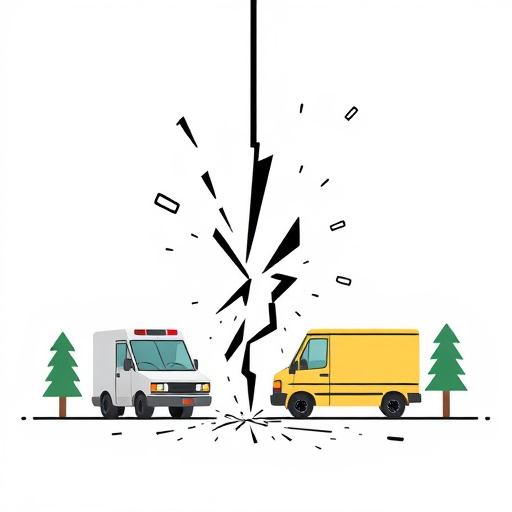
The recycling process for collision parts is a meticulous one, ensuring that recycled components meet the same rigorous quality standards as new parts. Auto shops trust that this process maintains the integrity and safety of vehicles. Advanced technologies and skilled technicians play a pivotal role in scrutinizing each part for any damage or imperfections before it’s given the go-ahead for resale. This thorough quality assurance is crucial, especially when it comes to structural components like frames, which require precision during the initial manufacturing and subsequent straightening processes to ensure they remain sturdy and reliable after being recycled.
Beyond this, recycling collision parts also reduces waste in vehicle repair, making it an eco-friendly choice for both auto shops and car owners. This not only conserves resources but also minimizes the environmental impact often associated with producing new parts from raw materials. Thus, when auto shops recommend recycled collision parts, they’re promoting not just a cost-effective solution for car scratch repairs or frame straightening, but also a sustainable one that contributes to a greener future.
Recycled collision parts are not only a sustainable choice for the environment but also offer significant cost savings for auto shops and their customers. The rigorous quality assurance processes ensure that these parts meet high standards, providing peace of mind for consumers. As the automotive industry continues to evolve, embracing recycled collision parts is a responsible and economical decision, contributing to a greener future while keeping repair costs low.

